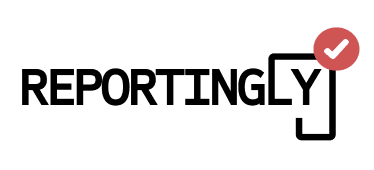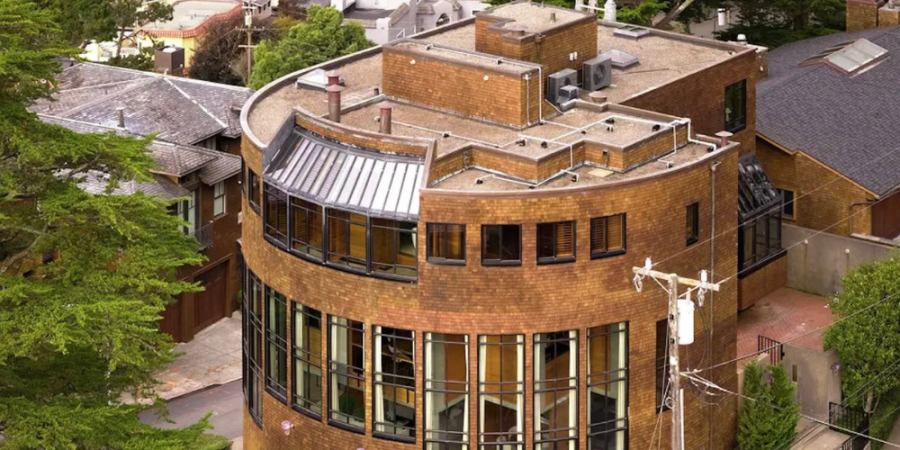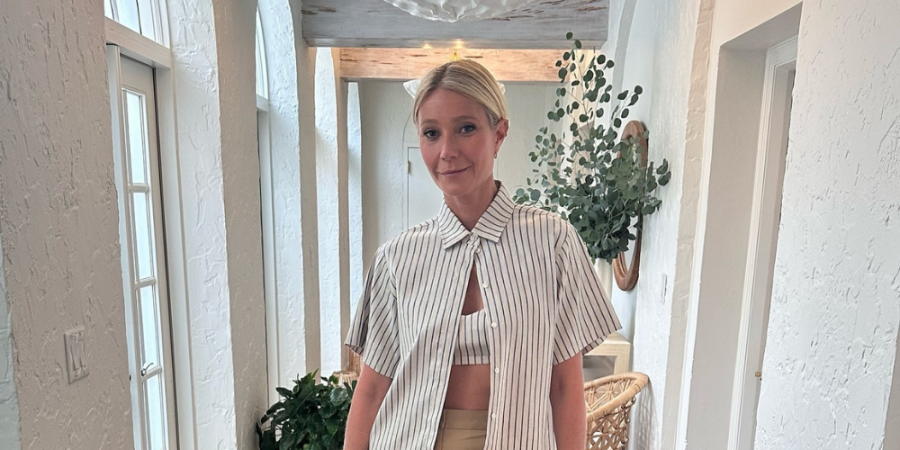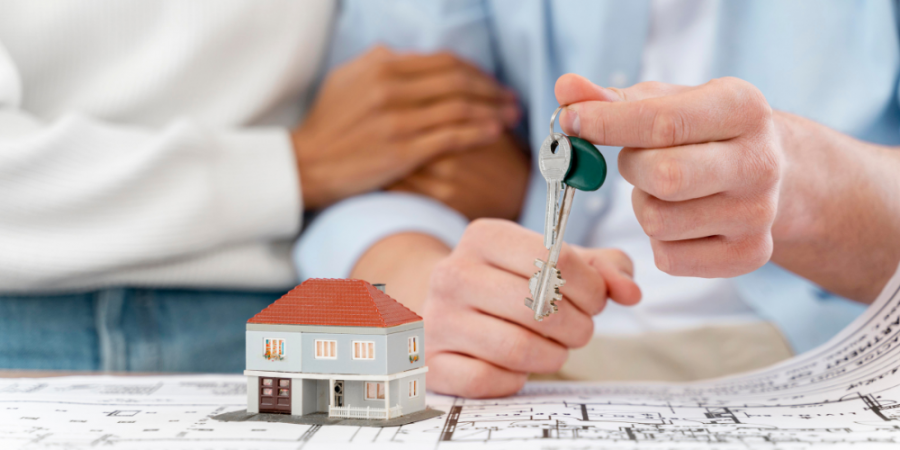Unlike conventional mortgages, a reverse mortgage is great for senior homeowners to make a decent income through their home equities. Traditionally, homeowners pay the lenders either on a monthly/yearly basis or through a line of credit. On the other hand, this process is “reversed” in the case of reverse mortgages. That is, lenders make either monthly or yearly payments to the homeowners, or they may also pay the total sum of the mortgages upfront.
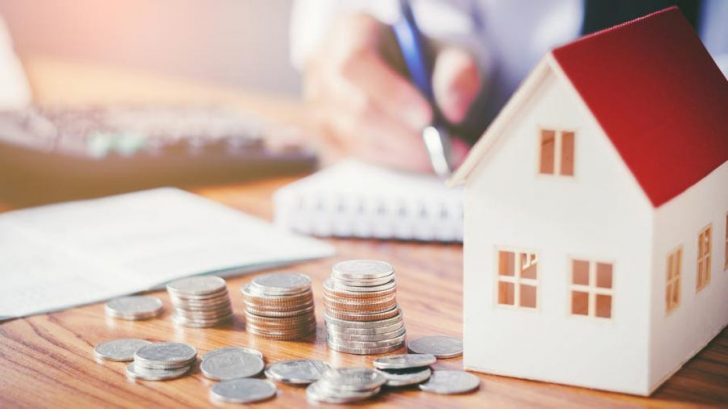
Housing / Reverse Mortgages allow retirees and seniors to make a side income.
Thus, retirees can make a decent income through their home equities. If you are a senior citizen with little to no savings in your bank account, reverse mortgages can be of great help to you. To begin with, you can have a decent income source without even working for it.
On the flip side, there are many other factors that you need to consider prior to opting for reverse mortgages. In other words, there are certain negative aspects of reverse mortgages and so, let’s make a comparison of the pros and cons of reverse mortgages and see if they are indeed worth opting for. Before we proceed, keep in mind that opting for reverse mortgages is a massive financial decision that will dictate the future of your finances. Consequently, it is crucial to be pristinely clear on every aspect of reverse mortgages prior to making a decision.
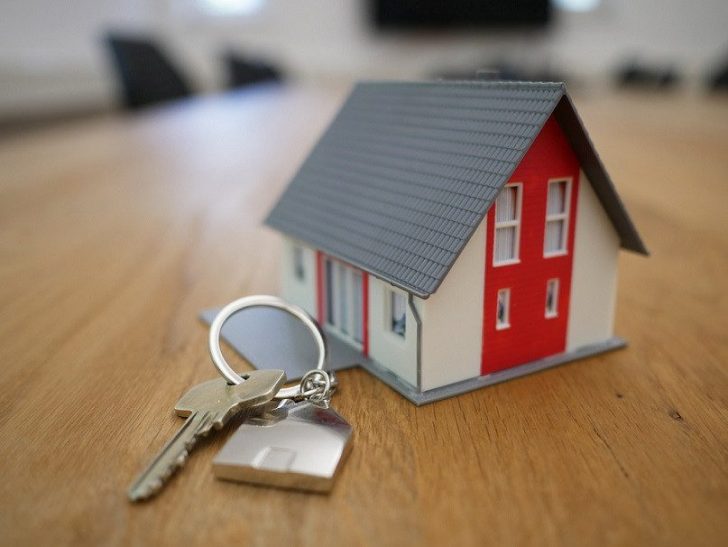
Financial Conduct / Reverse mortgages come with a lot of ifs and buts. Being pristinely clear prior to opting for it is essential.
-
Reverse Mortgages are Tax-Free
If you look at a reverse mortgage at surface level, it almost seems like a ‘typical income.’ This means that you are earning money either monthly, yearly, or through a line of credit. Consequently, you may think that you are liable for taxes but the IRS does not see it that way. Instead, the IRS sees reverse mortgages as loan proceeds, and thus, reverse mortgages are not liable for taxes.
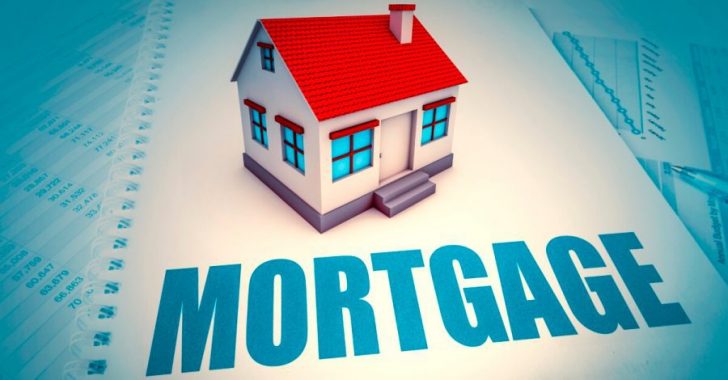
Forbes / Tax exemption is the foremost positive aspect of reverse mortgages.
-
Reverse Mortgages Allow You to Stay in Your Home for an Extended Period of Time
Another positive aspect of reverse mortgages is that they allow you to stay in your home for an extended period of time. On top of that, they also provide an additional income stream for senior homeowners. Technically, the longer you stay in your home while earning through reverse mortgages, the more money you will make.
Negative Aspects of Reverse Mortgages
With all the positive aspects mentioned above, there are negative aspects of reverse mortgages as well. You need to keep them in mind prior to making a big financial decision. Here are some notable cons of reverse mortgages:
- Your heirs (the ones who will inherit the property) will have to pay off the loans.
- It’s not easy for you to simply walk away from the property. There are a number of hidden charges, upfront costs, and closing fees that you will have to pay prior to walking away from the property.
- If you are financially struggling, reverse mortgages may worsen your situation due to all the hidden charges and fees.
